Following our top 50 films of 2019, we’re sharing personal top 10 lists from our contributors. Check out the latest below and see our complete year-end coverage here.
Anyone who claims 2019 was a poor year for movies, well, didn’t see what I saw. I found it to be a year with a stunning collection of greats. Consider: My list of fifteen favorites somehow left off the likes of High Life, Transit, The Farewell, The Last Black Man in San Francisco, Booksmart, Hustlers, and A Hidden Life. And the No. 1 slot on my list could just have easily been taken by any other entry in my top seven. My own cinema highlight was seeing The Irishman on a rainy October morning at the BFI London Film Festival. Leaning back in my seat at the ODEON Luxe Leicester Square, I felt a surge of excitement that was positively dizzying. At its best, that’s the feeling cinema can bring. The finest films of 2019 had that feeling coursing through their veins. (Oh, and for what it’s worth, I thoroughly enjoyed the batshit insanity of The Rise of Skywalker. No questions, please.)
Honorable Mentions: Honey Boy, The Souvenir, The Beach Bum, Knives Out, Under the Silver Lake
10. Waves (Trey Edward Shults)
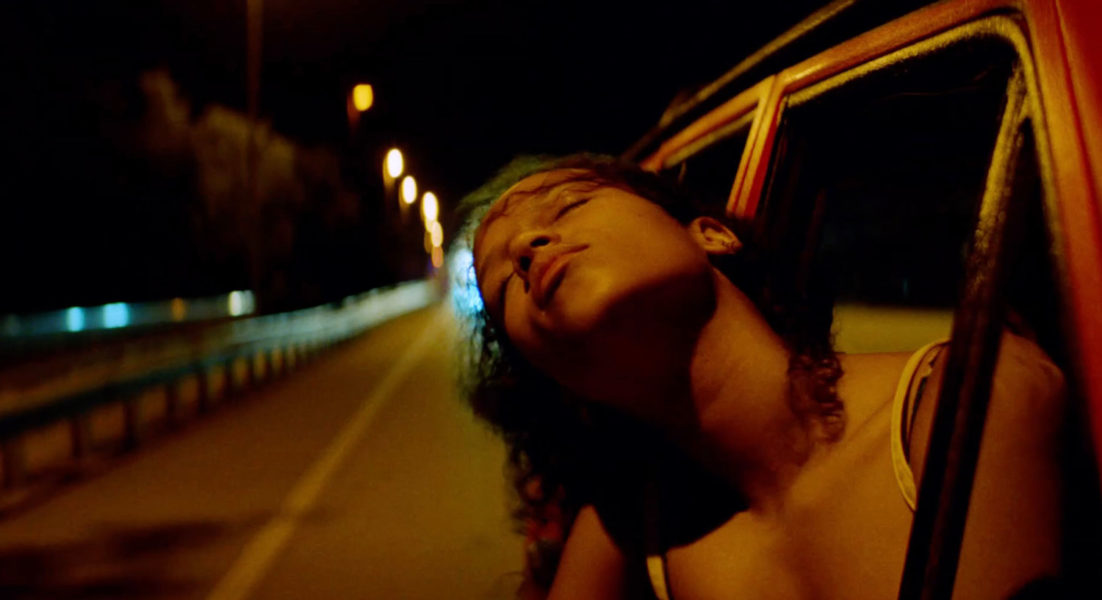
Trey Edward Shults’ Waves is a film that truly understands how dominoes start to fall in a young life. Just as importantly, it visualizes what happens afterwards. It is the latter achievement that makes Waves one of 2019’s most fascinating films. There are scenes here of almost unbearable sadness and tension. But Waves never drowns in either feeling, resulting in an invigorating experience. At first glance, it seems we’ve been down this road before. There are a great many films about the demands placed on high school athletes and high schoolers in general. But it has never looked and felt quite like this.
9. Us (Jordan Peele)
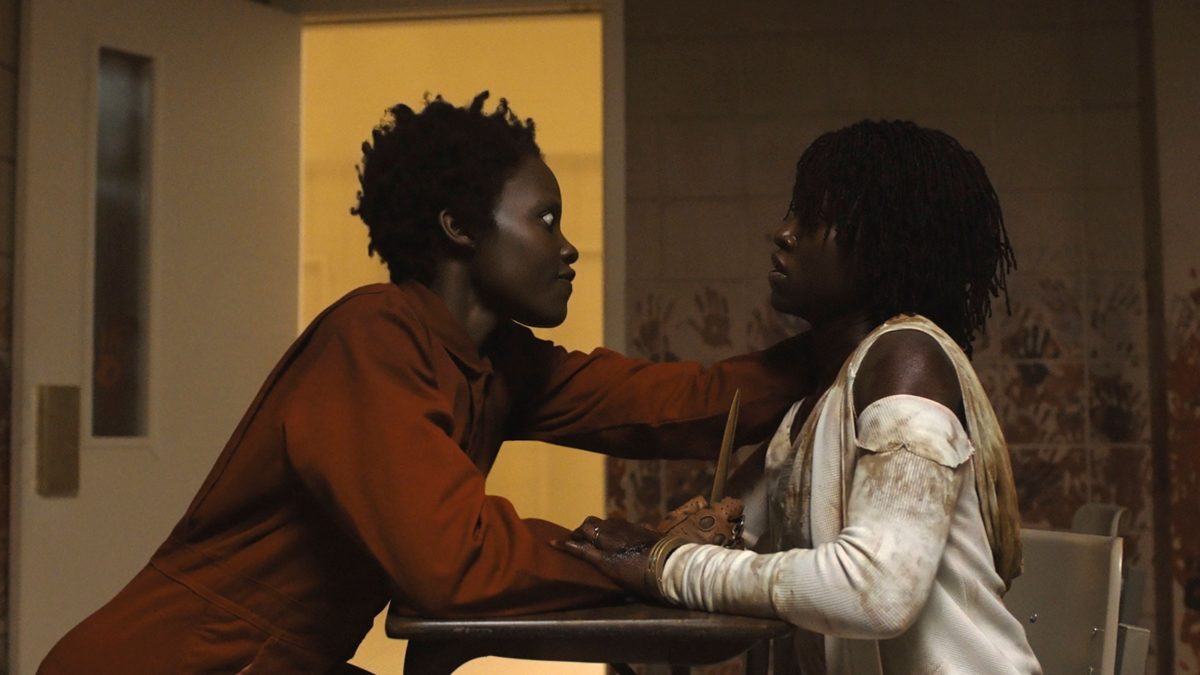
Crimson jumpsuits, gold scissors, strange white face masks–these are the haunting props that help make Jordan Peele’s Us linger in memory long after its epic final shot. The writer-director somehow managed to top himself with this haunting follow-up to Get Out, creating a nightmarish (and nightmare-inducing) exploration of duality and division. Central is Lupita Nyong’o’s extraordinary lead performance. It, and the film itself, is impossible to forget.
8. Marriage Story (Noah Baumbach)
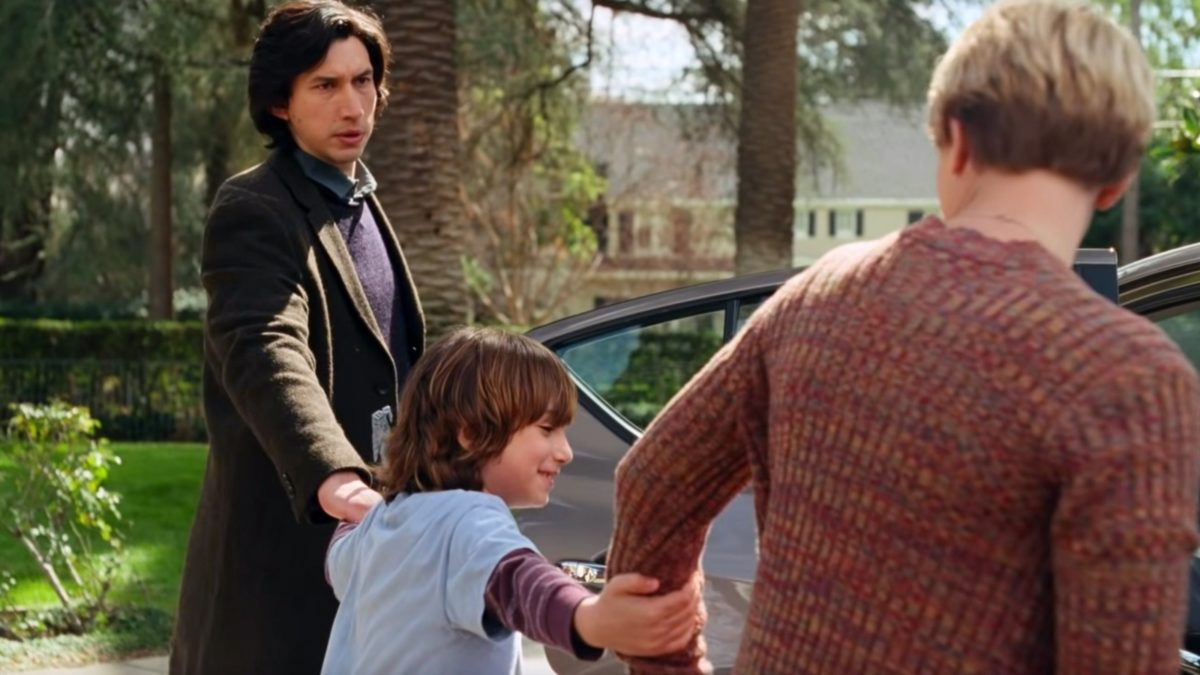
Marriage Story is a career high for all concerned–writer-director Noah Baumbach, stars Adam Driver and Scarlett Johansson, even co-stars Laura Dern, Ray Liotta, and Alan Alda. Its mix of comedy and pathos feels almost effortless; the seams never show. At times, Marriage hits almost too close to home for comfort. But as he does in his best work, Baumbach knows when to move from sadness to joy. The result is both wildly entertaining and tremendously moving. And, if you are married and have children: [insert wide-eyes emoji].
7. Pain and Glory (Pedro Almodóvar)
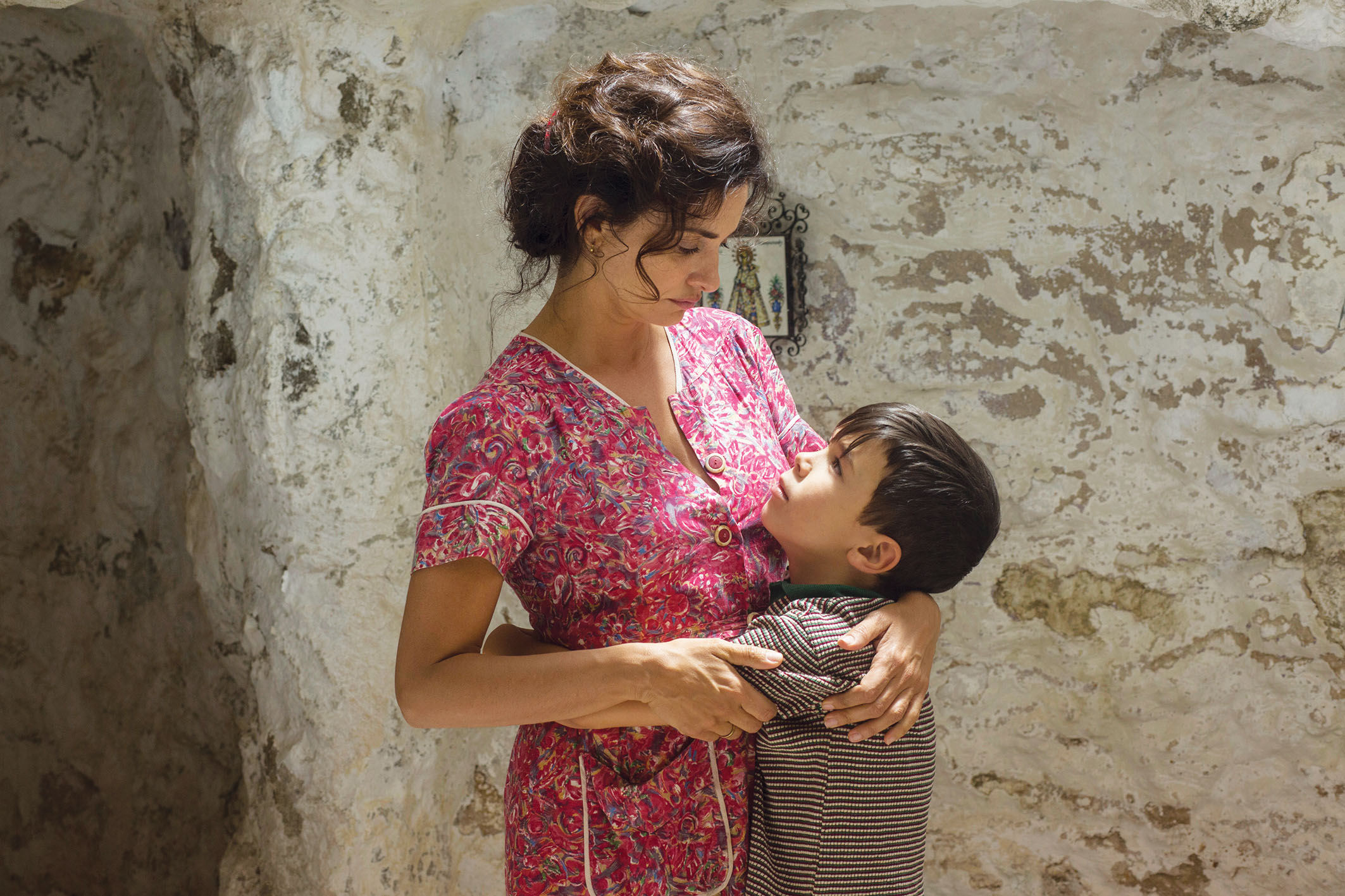
Let’s not call Pain and Glory a “return to form” for Pedro Almodóvar; the master writer-director has never faltered. Even so, with the seemingly autobiographical Pain, Almodóvar has created his finest film since 2002’s Talk to Her. Anchored by a quietly heartbreaking Antonio Banderas, Pain shows the emotional weight of the artistic process with bold clarity. Its final scene is the most exquisite coda of 2019.
6. Uncut Gems (Josh and Benny Safdie)
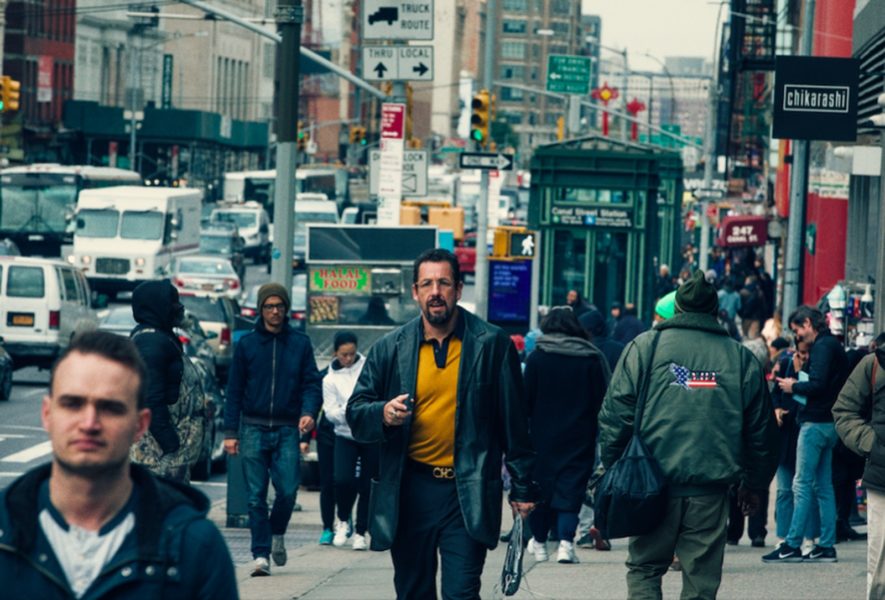
A number of the finest films of the last twelve months qualify as “experiences.” But there was no experience quite like Uncut Gems. Watching the Safdie brothers’ Adam Sandler-starrer was traumatic, pulse-quickening, and utterly delightful. It was also entirely unpredictable from start to finish. That it has found an audience to appreciate its adrenalized mayhem is news that should warm the icy hearts of cinema lovers.
5. Little Women (Greta Gerwig)
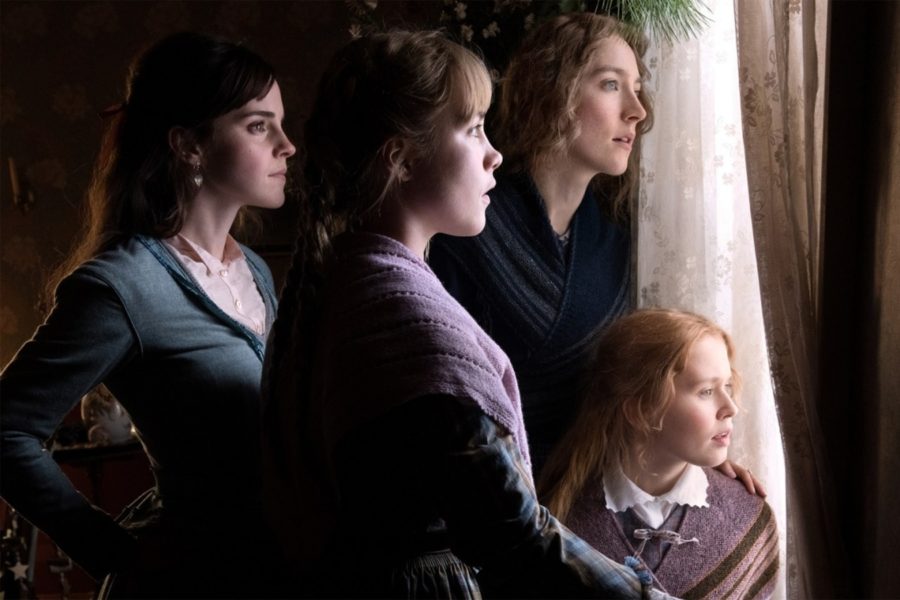
Greta Gerwig’s Louisa May Alcott adaptation is bursting with charm from start to finish. It is also, as Lady Bird was before it, a film that feels totally fresh and remarkably modern. That’s no small feat for a Civil War-era story that has been told several times onscreen. It’s a genuine delight. And as Jo, Saoirse Ronan gives an exquisitely confident, beautifully wounded performance. It equals her work in Lady Bird, and confirms the Ronan-Gerwig pairing as one to be treasured.
4. The Irishman (Martin Scorsese)
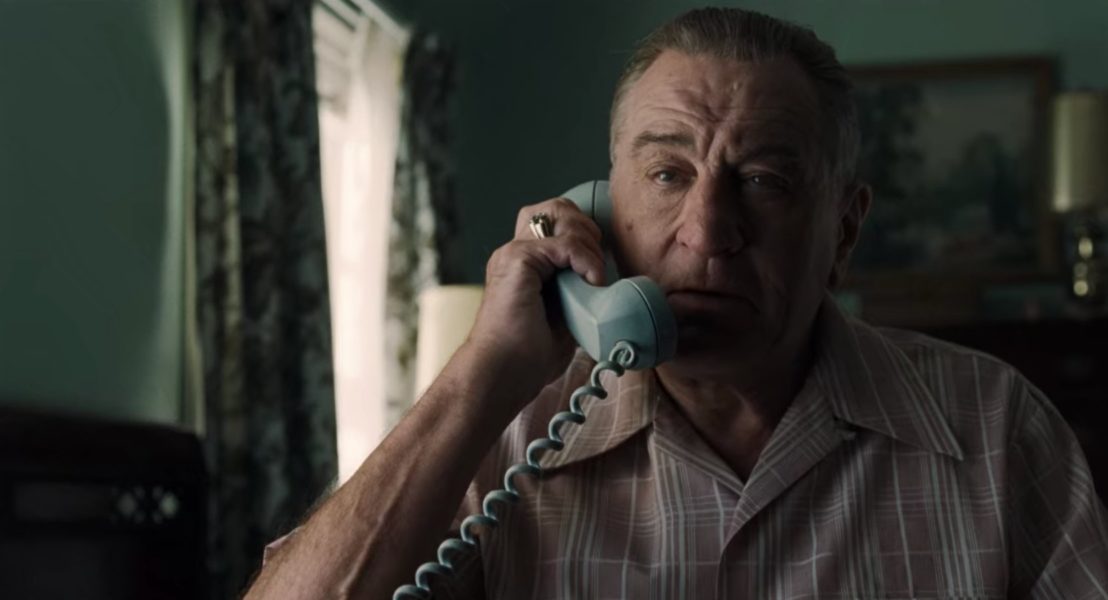
Time is relative–on screen and off. In Martin Scorsese’s The Irishman, an epic exploration of American crime and politics, time shifts suddenly, and often without warning. The result, however, is always the same: either violent death or guilt-ridden decay. The Irishman is a film that could only have been made at this point in the careers of Scorsese and stars Robert De Niro, Al Pacino, and Joe Pesci; it required a maturity that only comes after a lifetime of cinematic excellence, and an ability to acknowledge that there is nothing more devastating than regret. The Irishman is a late-period masterpiece for Scorsese.
3. Once Upon a Time… in Hollywood (Quentin Tarantino)
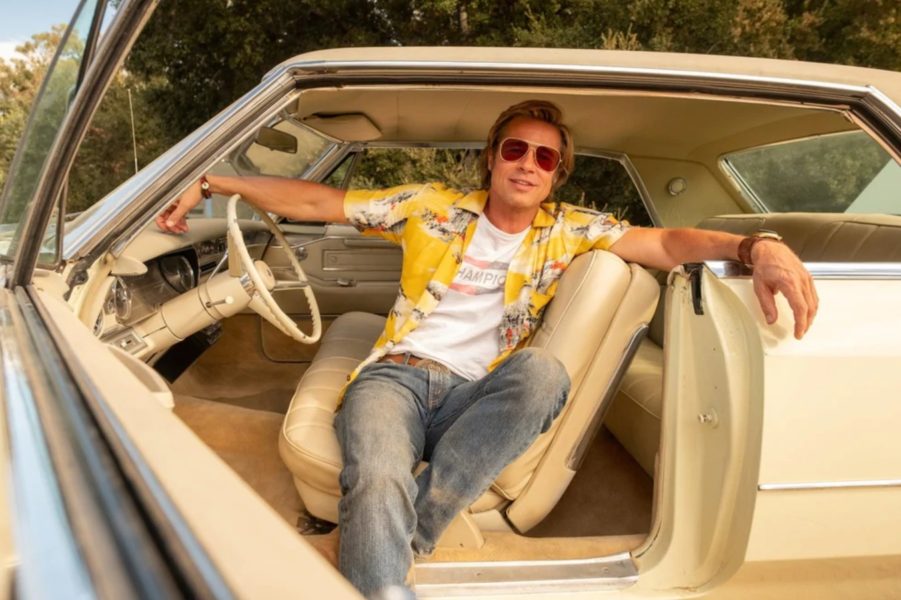
The initial concerns about Quentin Tarantino’s Once Upon a Time.. in Hollywood–that it would glorify Charles Manson and the horrific murder of Sharon Tate–were proven to be completely unfounded once the world saw the film. Yes, the specter of Manson looms large, but calling Hollywood a film about Manson is like calling Inglourious Basterds a film about Hitler. Instead, it is a story of collision–Hollywood and hippies, stars and stuntmen, fact and fiction. And like Jackie Brown before it, this world feels remarkably lived-in. It is a genuine pleasure to spend time in the company of Rick Dalton and Cliff Booth. It’s even more of a pleasure to witness Tarantino’s reimagining of the events of August 8, 1969. A violent pleasure, to be sure, but a welcome one.
2. Parasite (Bong Joon-ho)
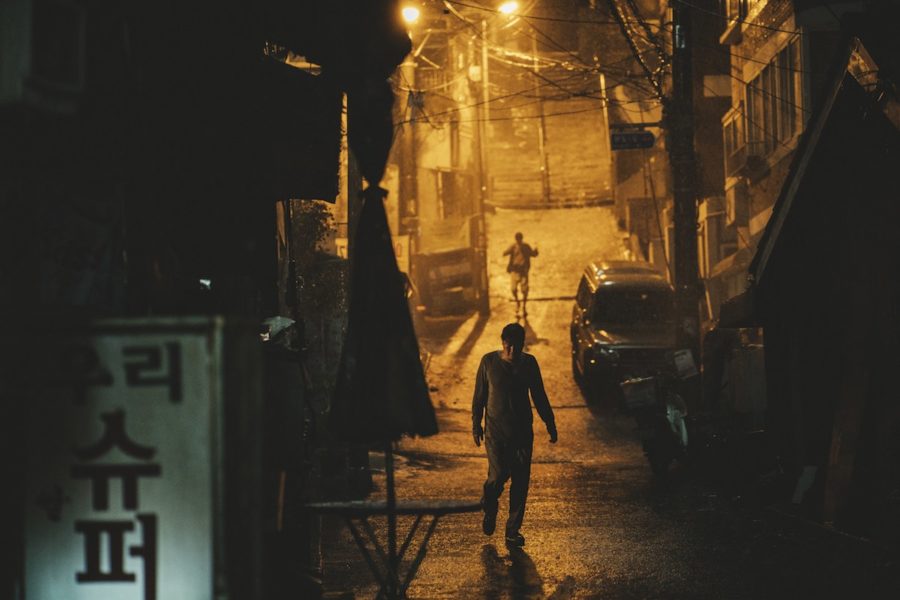
After seeing Parasite at the Toronto International Film Festival but before Bong Joon-ho’s Palme d’Or winner opened in the U.S., I explained the plot—in non-spoiler-y terms—to a group of people unfamiliar with it. The more I discussed the story, the more intrigued the group became. (It had nothing to do with my storytelling skills, believe me.) The plot is so multilayered, the humor is so sharp, and the surprises are so shocking that there’s now way of seeing Parasite as anything less than cinema at its most deliriously clever. But “clever” is not a strong enough word to describe the achievements of the writer-director and his cast. It is, quite literally, a perfect film, and a landmark in international cinema.
1. Portrait of a Lady on Fire (Céline Sciamma)
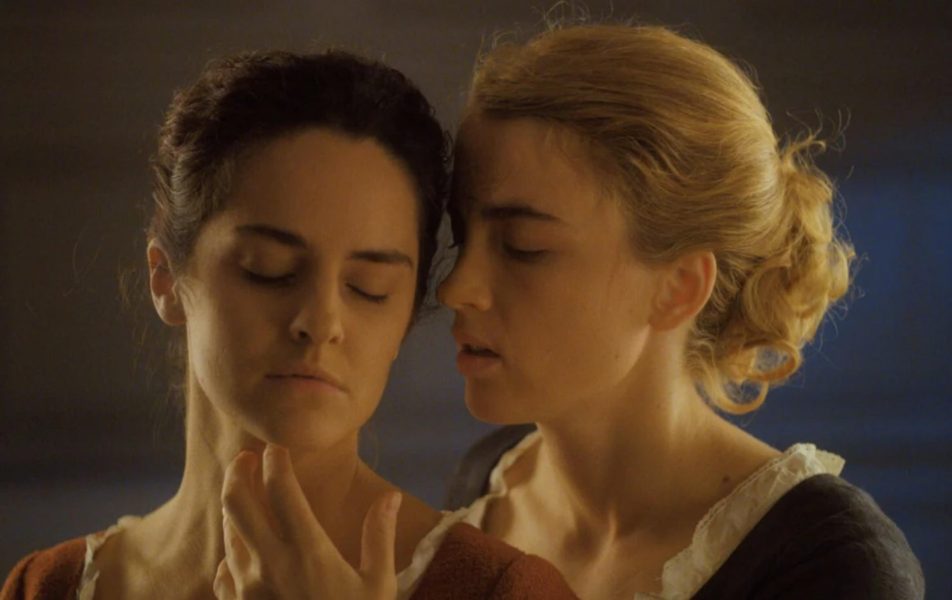
In a year of tremendously moving cinema, no film was as mesmerizing, as passionate, and as genuinely overwhelming as Céline Sciamma’s Portrait of a Lady on Fire. It is an emotional experience that is at once familiar–the immersion into the past of The Piano, the window into the artistic process of La Belle Noiseuse, the thwarted romance of The Age of Innocence–yet in the hands of Sciamma and stars Noémie Merlant and Adèle Haenel, it feels wholly original. Within minutes–perhaps the first glimpse of the haunting painting of a “lady on fire”–Portrait feels like a classic film. It ends on a moment of sublime sadness, but leaves the viewer in a state of ecstasy. What an extraordinary achievement.
